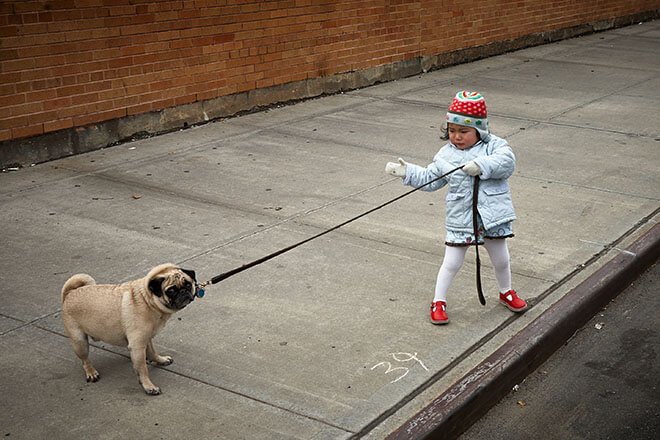The Art of Compromise

I debated over calling this blog as stated versus The Lost Art of Compromise. Either way, it ain’t what it used to be. The dictionary definition of compromise is – “an agreement or a settlement of a dispute that is reached by each side making concessions.” Families, relationships, businesses and countries have been saved by its use. Wars have ended as a direct result. We watch as it’s use diminishes over time.
It appears as if compromise has been associated with weakness, that anything less than a total victory is a failure, that in our winner take all society, anything less than winning is an attack at our self esteem. In my younger days, we used to call adults like this stubborn, children spoiled brats. Congressmen used to be praised for being able to work both sides of the aisle. Now isolationism is a badge of honor. My way or the highway is the new battle cry.
Where did it all go wrong? At some point over that last ten years, that ability to negotiate has become obsolete. Let’s see how this attitude affects relationships today. When a subject comes up that forces husband and wife to opposite sides, without compromise, one walks away the victor, arms raised Rocky style over their head while the other hangs their head in defeat. This not only defines the current battle but also sets the stage for the next confrontation where both parties dig in, refusing to give up their firm stance. Future disagreements are less about the current state of affairs and more about the total picture, the battle vs. the war.
It all boils down to one word or a lack of it’s existence, EMPATHY! It is the ability to see the world through anybody’s lenses other than your own. Lacking empathy prevents you from feeling somebody else’s pain, to make you wonder why they feel the way they do, to put yourself in somebody else’s shoes, to recognize that, there but for the grace of God, go I. It seems that the ability to empathize correlates directly with the year of birth, where people in their 40’s carry more empathy than people in their 30’s. For most in their 20’s, most not all, but for them, empathy is a relic in the same bin as black and white TV. It’s the “me” generation run amok.
How does it change? As my books, “The Promise” and “The Rules” demonstrate, it happens through action, through recognizing that the true measure of a person isn’t the number of arguments you win, but by lifting others up, giving them value. You lift others up by listening to their point of view and not to listen while you formulate a response that will crush them, but listening to hear their words, understand their perspective, feel the heart behind their opinion with a willingness not to change your entire view, but with a willingness to compromise, to find a common ground. It’s that willingness that will, in the end, define who you are as a person. Isn’t it better when you both walk off the field a victor?

